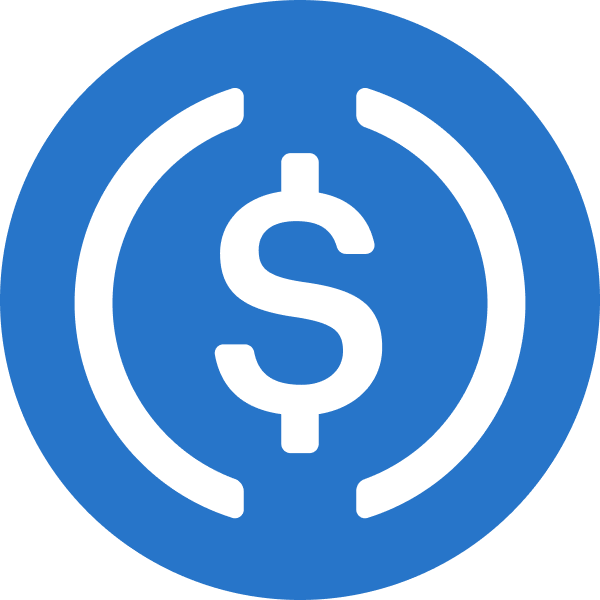Opening, holding, and closing a position in the futures market
by Coinbase Derivatives LLC

In this article we’ll break down the basics of futures so you can start participating in the futures market. Here we’ll look specifically at how to open, hold, and close a position on a futures contract.
Opening, holding, and closing a futures position
While perpetual futures allow you to hold your position for as long as you want, US-regulated futures have defined start and end dates. At the expiration date, the contract is settled via cash at the agreed-upon price. Typically, contracts have monthly or quarterly expiration dates.
However, that doesn’t mean there’s no flexibility when it comes to opening and closing positions. In this article, we’ll take a look at how investors can maneuver in the futures market with their positions.
Depending on whether an investor is going long or short (which you can learn more about in this article), opening and closing a futures position looks slightly different.
Opening and closing a long position at expiry
If an investor expects the price of an asset to rise, they might open a long position via a futures contract. At or before the expiration date, the investor could sell that contract to lock in any profit or loss.
Opening and closing a short position at expiry
On the other hand, an investor who believes the price of an asset will drop would open a short position by selling a futures contract at the current price. Their goal is to buy it back at a lower price at or before expiration to profit from the price difference.

Closing a position
In addition to closing the position at expiry, investors have a couple more options for closing their positions. They can also close their position before the expiration date, or they can roll the contract into the next expiration month.
Closing the position before expiration
Investors don’t have to wait until a futures contract’s expiration to take action on their open positions. They can close their position at any point during the contract’s term.
For example, if an investor holds a long position and the price has gone up, they can sell the contract immediately to lock in the profits, avoiding any more price movements before expiration.
Similarly, an investor holding a short position can buy back the contract to close their position, securing profits if the price has dropped.
The key advantages of closing a position early is that investors can limit losses or lock in gains before the contract reaches expiration.

Rolling the contract
But if an investor believes a position will continue to do favorably, they can maintain their exposure beyond the expiration date by rolling the contract.
Rolling involves simultaneously closing the current contract while opening a new one with a later expiration date, effectively extending the position without settling it.
For example, if an investor holds a long position on a Bitcoin futures set to expire at the end of the month but believes the price of Bitcoin will continue to rise, they can roll the position. To do so, they would close their position and immediately open a position for the next term, allowing themselves to continue to potentially profit from their position.

Recap
Key terms
Position
The amount and type of exposure that a trader has in a particular futures contract. It conveys whether the trader is betting on the asset’s price rising (going long) or falling (going short). It also indicates how many contracts they hold.
Expiration date
The date on which a futures contract stops trading and is settled physically in the underlying asset or in cash. Most contracts have monthly or quarterly expiration dates.
Rolling the contract
Simultaneously closing the current contract while opening a new one with a later expiration date.
While US-regulated futures that offer margin have start and end dates, investors can move around with flexibility in the futures market. They can open, hold, close, or roll their positions at any point depending on their goals.
The risk of loss in trading futures can be substantial. You should, therefore, carefully consider whether such trading is suitable for you in light of your circumstances and financial resources.











